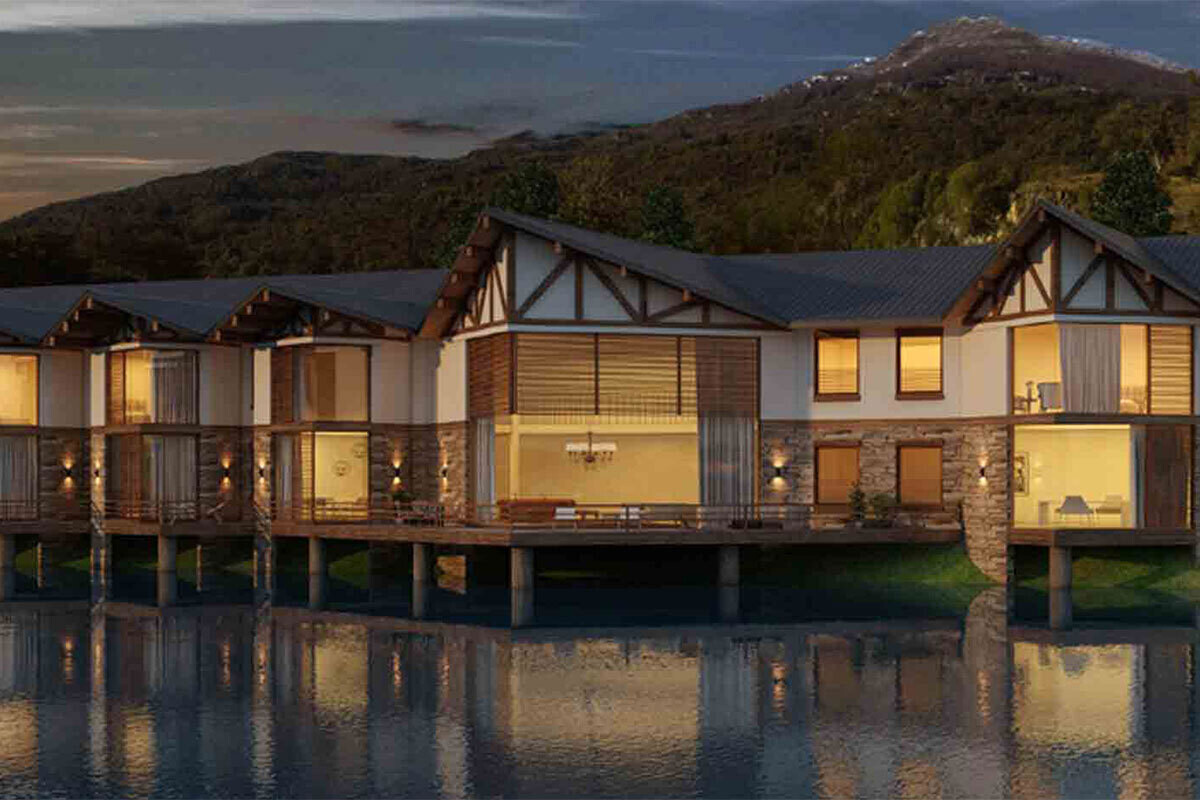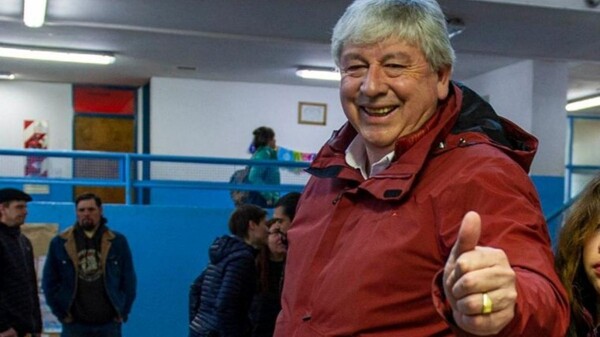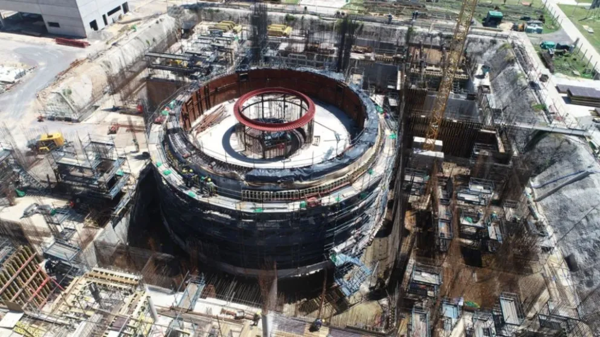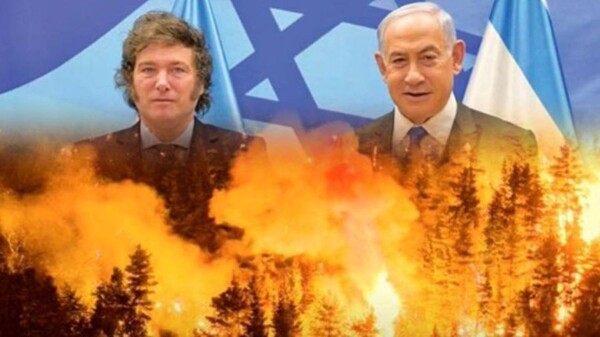
A group of Arab investors has landed in the Argentine region of the Andes, specifically in areas near Nahuel Huapi National Park, raising concerns among the local community and authorities. These investments, which include land purchases in areas with rich biodiversity and natural resources, are being carried out by different corporations with interests in elite tourism and real estate development.
One of the main actors behind these operations is Abdulhadi Mana A Sh Al-Hajri, brother of the second wife of the main investor, who operates the businesses in the region. Additionally, they have the presence of Gastón Gaudio, a former tennis player, as a public face and minor partner. In 2017, they acquired 20,000 hectares east of Nahuel Huapi National Park, in areas close to rivers and mountains of great natural value.
Foreign investments in this region have sparked conflicts, as they involve disputed territories with Mapuche communities and protected natural areas. For example, the Protected Natural Area Río Azul-Lago Escondido was affected by fires in January, revealing tensions between private commercial interests and environmental conservation.
In addition to operations in the Nahuel Huapi region, the group of Arab investors also owns thousands of hectares in other areas of the Andes, such as southern Chubut. These acquisitions have generated controversy, especially due to allegations of fraud and illegal maneuvers to obtain land at low cost.
The presence of these Arab investors has transformed the Andes into an exclusive tourist destination, with luxury property construction projects, hunting centers, and restricted areas for the use of millionaires. These initiatives clash with national and provincial laws, generating conflicts with local communities and environmentalists.
Amid this situation, the need for a private airport for private flights has been raised, allowing investors to bypass the nearby city of Bariloche. This initiative, promoted by local mayor Bruno Pogliano, is part of the plan to expand commercial operations in the region, which has generated criticism and resistance from activists and local residents.
The arrival of Arab capital to the Río Negro Andes has created a scenario of controversy and conflict, where commercial interests clash with the conservation of natural heritage and the rights of local communities. As these projects advance, the tension among the various involved parties seems to increase, generating uncertainty about the future of the region and its inhabitants.














